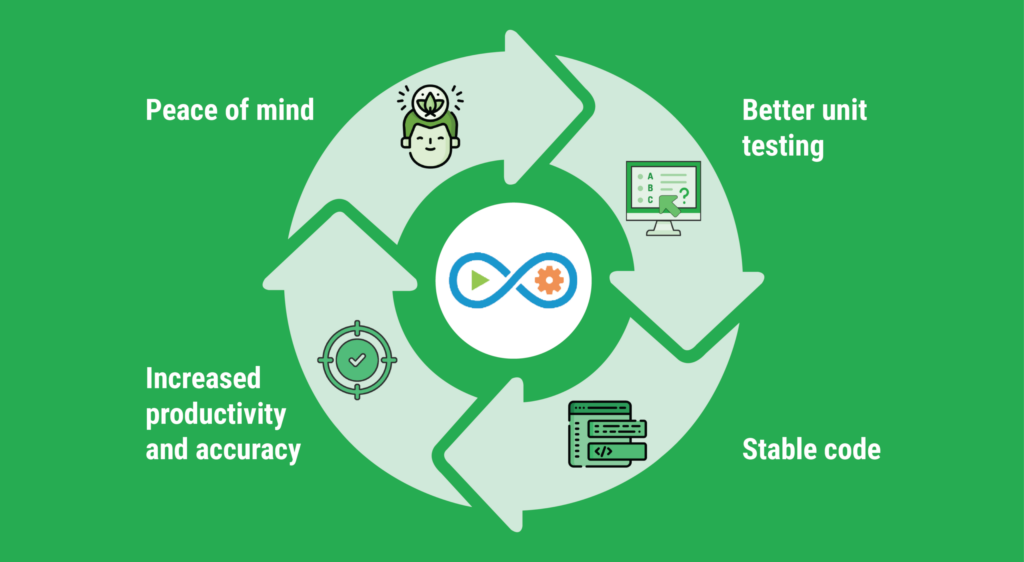Unit testing is one of the most fundamental practices in software testing. By focusing on individual components, or “units,” of a program, unit testing ensures that each part of the codebase functions as expected. In this article, we will explore what unit testing is, its benefits, and how it fits into the larger software testing strategy.
What is Unit Testing?
Unit testing involves writing tests for individual functions, methods, or components of a software application to verify that they produce the expected results. Unit tests are typically automated and run every time new code is added to the system. They are designed to catch bugs early in the development process, ensuring that each unit of the application works correctly in isolation.
Why Unit Testing is Essential
Unit testing provides numerous benefits, from improving code quality to streamlining the debugging process. Here are some of the key reasons why unit testing is essential for modern software development:
Early Detection of Bugs
Unit testing allows developers to identify and fix bugs at an early stage in the development process. By testing small, individual components, you can catch issues before they propagate to other parts of the application, reducing the risk of major problems later on.
Improved Code Quality
Well-written unit tests encourage developers to write cleaner, more modular code. Since each unit is tested in isolation, developers are more likely to follow good coding practices, such as writing reusable and maintainable functions. This leads to a more reliable and scalable codebase.
Best Practices for Unit Testing
Writing effective unit tests requires careful planning and following best practices to ensure that the tests are maintainable and provide real value. Here are some essential tips:

Keep Tests Small and Focused
Each unit test should focus on testing a single function or method. Avoid testing multiple behaviors or integrating too many dependencies, as this can make the tests harder to maintain and debug. Small, focused tests are easier to understand and provide more accurate results.
Automate Unit Tests with CI/CD
Automating unit tests is key to integrating them into the development workflow. Continuous integration (CI) tools like Jenkins or GitLab CI can automatically run unit tests whenever new code is pushed, ensuring that all tests are passing before changes are merged into the main codebase.
Common Unit Testing Tools
There are several popular frameworks and tools that developers use to write and automate unit tests, each tailored to specific programming languages:
- JUnit: A widely-used unit testing framework for Java, JUnit provides annotations and methods to simplify test creation and execution.
- PyTest: A powerful testing framework for Python that allows developers to write simple and scalable tests with minimal setup.
- JUnit: A widely-used unit testing framework for Java, JUnit provides annotations and methods to simplify test creation and execution.
- Jest: A JavaScript testing framework popular in the React ecosystem, Jest provides tools for unit testing components and functions efficiently.
Conclusion
Unit testing is a fundamental practice that ensures individual components of your code function correctly. By implementing unit tests early in the development process, you can catch bugs, improve code quality, and simplify the debugging process. Whether you’re working on a small project or a large-scale application, unit testing is a key part of creating reliable, maintainable, and scalable software.


